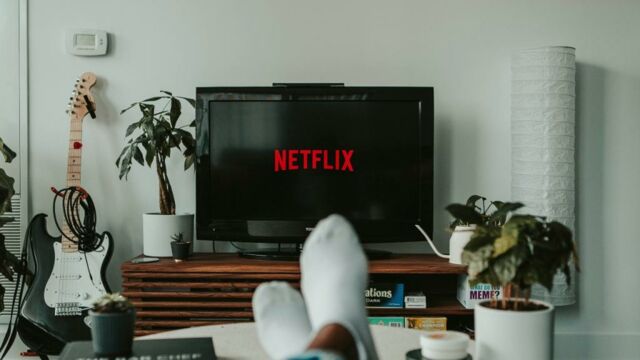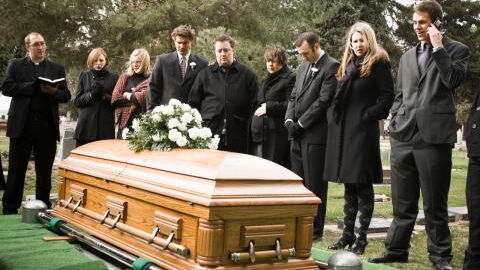Many of us struggle to get a good night’s sleep, and this can be down to a range of things. Perhaps you’re worried about something, perhaps you're almost too exhausted to drift off smoothly, or perhaps your body clock just won’t allow it until it gets past a certain time. Recent research suggests that something else could also be at play, but not in the way that you think.
Discover our latest podcast
We are constantly being told that too much screen time is bad for us. But did you know that it may cause nocturia—the need to pee multiple times during the night? That’s what this recent research suggests.
Let’s get into what the research found, and what nocturia actually is.
The link between TV and nocturia
The research paper, published in the journal Neurourology and Urodynamics, suggests there is a link between TV and nocturia. The authors wrote that their findings ‘showed that individuals who spent 5 or more hours a day watching TV and/or videos were significantly more likely to develop nocturia’.
The study gathered data from 13,294 Americans, aged 20 and older, between 2011 and 2016 - 32% of the group experienced nocturia. The researchers also found that those who watched 5 hours of more of TV or videos during the day were 48% more likely to experience nocturia at night than those who watched 1 hour a day.
What is nocturia: introduction and the risks
People with nocturia feel the need to get up and pee several times during the night. It gets more common with age; 50% of over-50s suffer with it to some degree. The authors pointed out that:
Nocturia not only elevates the likelihood of diseases such as hypertension, cardiovascular disorders, and mortality but also contributes to a significant economic burden on society’
They explained that the condition:
emerged as a critical public health concern, necessitating comprehensive attention and interventions.
It can also often be a symptom of another health concern, such as diabetes, urinary tract infections (UTIs), enlarged prostate (in men), heart disease, and neurological disorders.
The treatment for nocturia varies from person to person. Sometimes lifestyle changes are enough to improve symptoms, and people can opt to limit liquid intake before bed, and avoid caffeine and alcohol in the evening. In other cases, there is an underlying health issue that has to be tackled first, and that will help the symptoms of nocturia.
Though the paper aims to inform people of the risks of too much screen time, it does not go into detail about whether the problem is exposure to screens in general, or specifically to videos.
Read more:
⋙ Doctor reveals vitamins you should never take together including iron, calcium, and more
⋙ Vitamin B3 has been linked to risk of heart attack and stroke in recent study
⋙ This unsuspected habit could have a positive impact on your well-being, according to scientist
Sources used:
Newsweek: Too Much TV May Cause Nighttime Urination Problem
Neurourology and Urodynamics: Association between TV and/or video time and nocturia in adults: An analysis of the National Health and Nutrition Examination Survey















